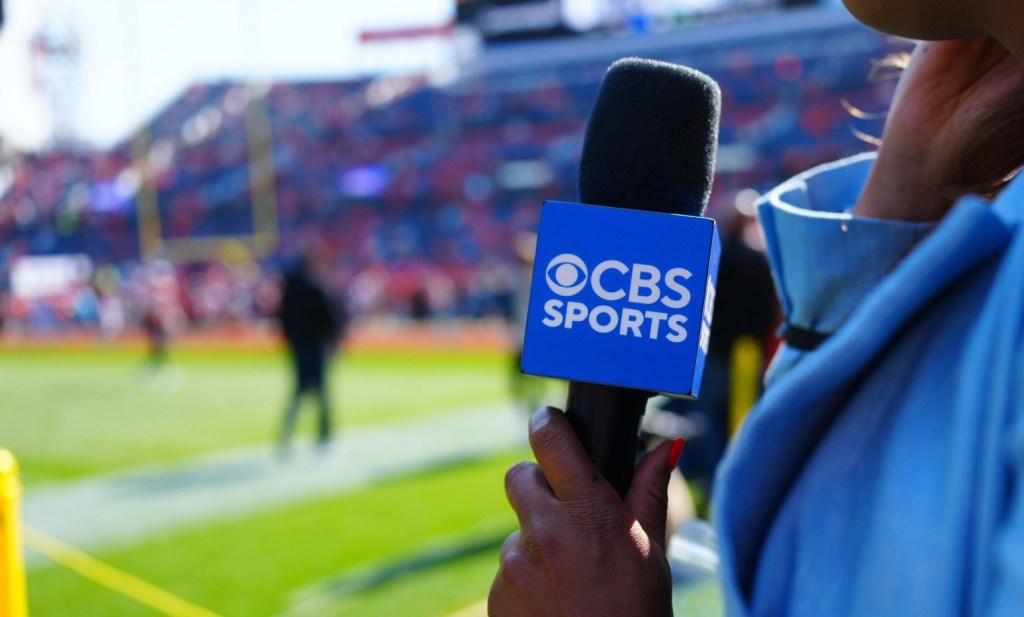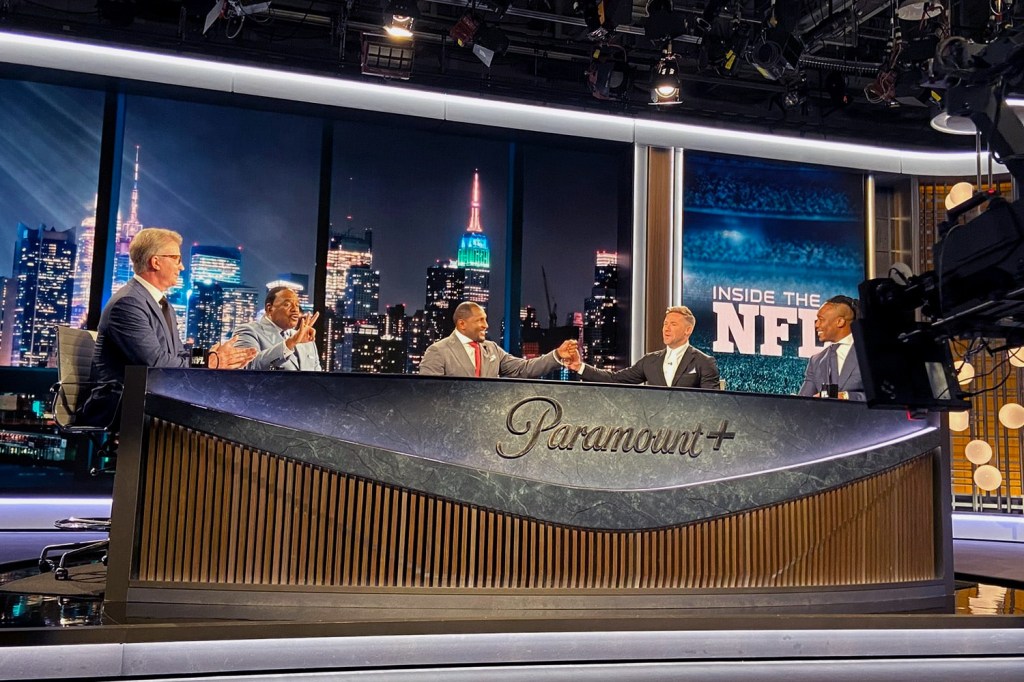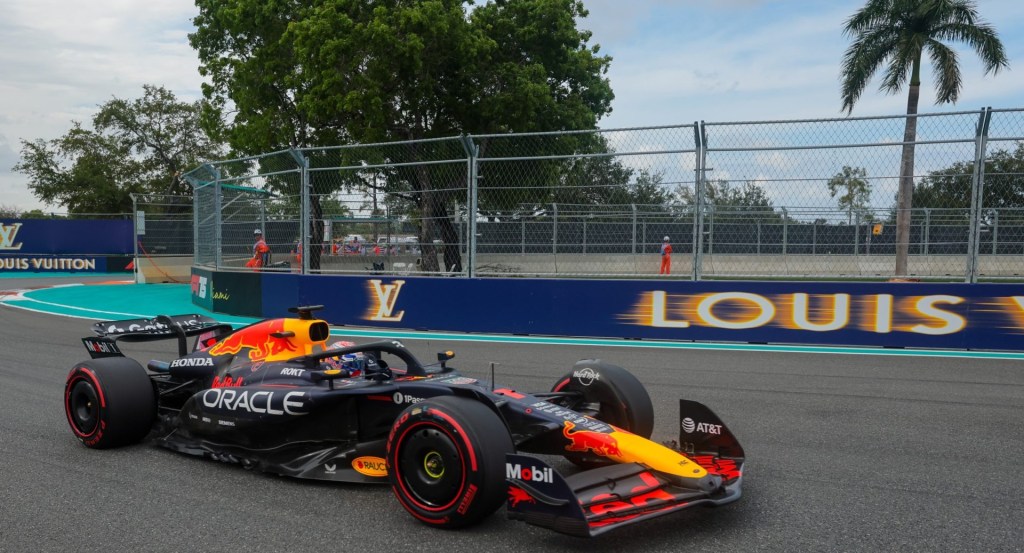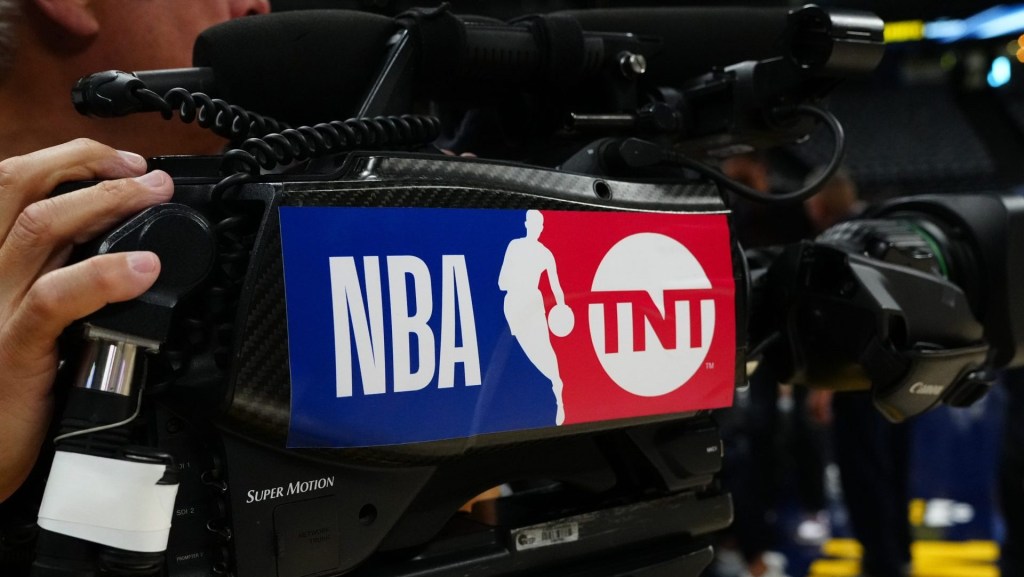Knicks owner James Dolan criticized the NBA’s new 11-year, $76 billion media-rights plan in a letter to other team owners obtained by ESPN. He doled out his complaints the day before the league’s Tuesday board of governors meeting, where team owners are expected to officially vote on the new deal.
Among other concerns, Dolan’s two main issues include the 8%—and therefore $6 billion—chunk the league office would take over the course of the deal, and the decrease in local broadcasts in favor of national ones.
Dolan wrote that the league office would take a much larger portion of overall revenue sharing than it currently does, a move he said was done without explanation. According to Dolan, the league’s annual portion would jump from $15 million in the 2024–25 season to $358 million in ’25–26, though he hasn’t seen a plan for how these new funds will be used.
(A source familiar with the league’s media-rights deals said that Dolan’s numbers were way off, with the league taking in $113 million in 2023–24—not $15 million—under the current deal, and $348 million in ’25–26 under the new deal. That increase is largely in line with the enormous jump in media-rights money in the new deals. The Knicks did not comment.)
His other complaint about broadcast rights centers on the plan for a game to air nationally every night of the week. Many more games in the new plan would go to national broadcasts—about a half of the regular season and all of the postseason, Dolan said—which he claimed would hurt both RSNs and team revenue from local broadcast rights. And the new deal has the maximum number of exclusive national games—many games are aired both nationally and locally—going from 12 to 18. That’s a revenue hit for teams like the Knicks and Lakers that made roughly $3 million, if not more, for each local broadcast last season, according to Sports Business Journal.
In the NFL, owners are essentially one out of 32 equal parts of a media-rights deal, bypassing the RSN tightrope entirely, with every game airing nationally in some fashion. The league denying fans the chance to stream only their team’s games was recently raised at the Sunday Ticket trial, where a jury ultimately found that the league illegally fixed prices on the out-of-market streaming package.
“The NBA has made the move to an NFL model — deemphasizing and depowering the local market,” Dolan wrote in his letter. “Soon, your only revenue concern will be the sale of tickets and what color next year’s jersey will be. Don’t worry, because due to revenue pooling, you are guaranteed to be neither a success nor a failure.
“Of course, to get there, the league must take down the successful franchises and redistribute to the less successful. This new media deal goes a long way to accomplishing that goal.”
Knicks games air on MSG Network, part of the Dolan sports and entertainment empire. Dolan wrote in his letter that the NBA was out to destroy regional sports networks like MSG, saying that the model was “unviable” under the new deal and that the “proposal threatens to completely eliminate” RSNs “without a comparable replacement.”
Dolan has loudly opposed league policies in the past that require teams in larger markets to share their revenue with smaller-market teams. His team also sued the Raptors in November, claiming theft of confidential information through a former Knicks employee. The Knicks said Adam Silver was too friendly with Raptors governor Larry Tanenbaum to mediate the disagreement, but a federal judge sent it to league arbitration overseen by the commissioner anyway. (Dolan, well known for keeping a grudge, was the only owner to vote against awarding a WNBA expansion team to the Toronto ownership group.)
Dolan no longer sits on the league’s advisory/finance and media committees after resigning in November shortly after the suit, and is represented at BOG meetings by his COO, Jamaal Lesane. He said in November that he concluded the league does not want or need his opinion, but he clearly had a few more opinions to share this year.
“We trust that our concerns are shared by many of our counterparts across the league, each of whom will be similarly impacted. The league will say that it does not matter because your franchise value will continue to rise; that contemplates you will eventually sell …
“Once again, pride of ownership is what is sacrificed. We are well on our way to becoming a one size fits all, characterless organization. Just remember we did this on the backs of owners like Jerry Buss.”
This story has been updated.
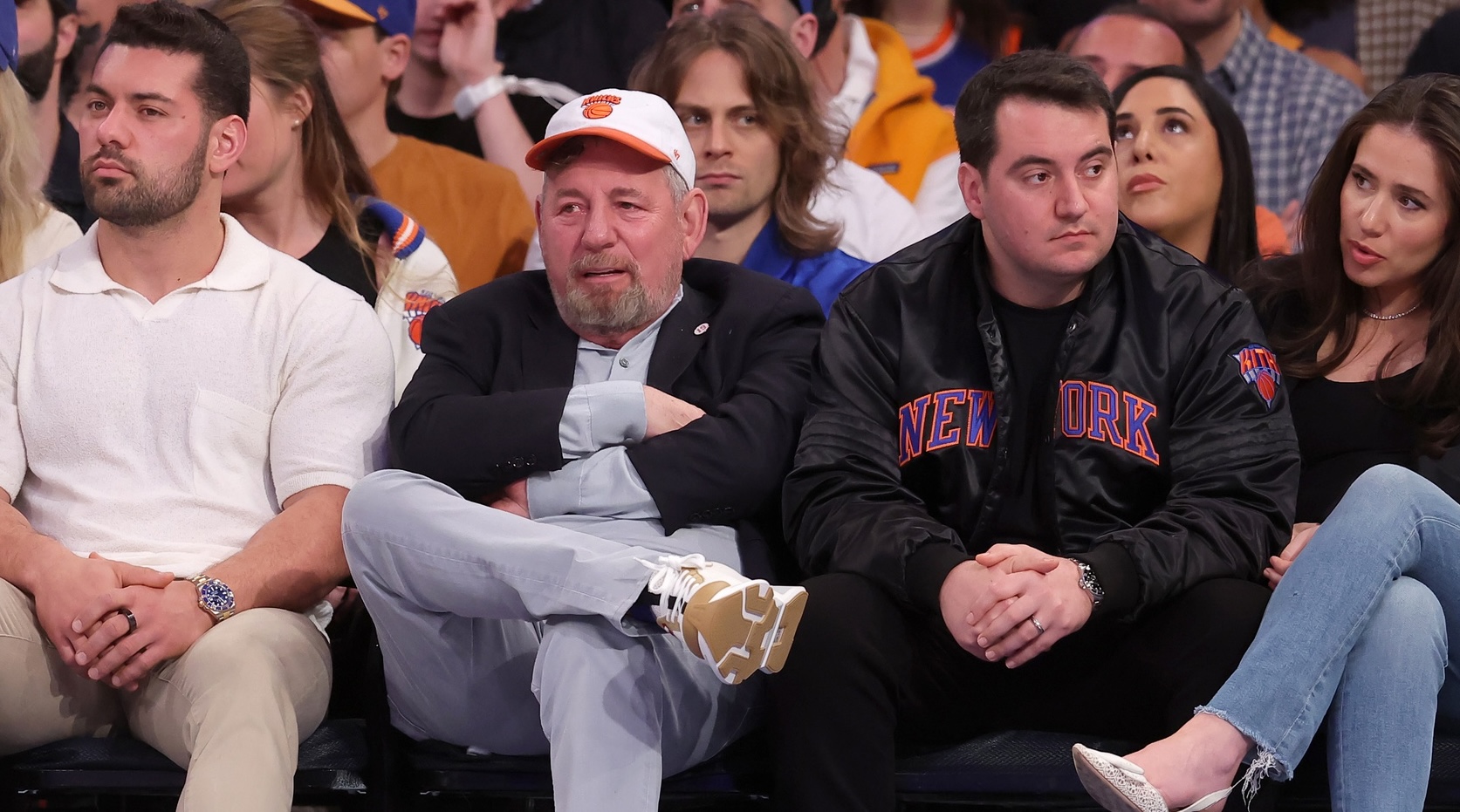



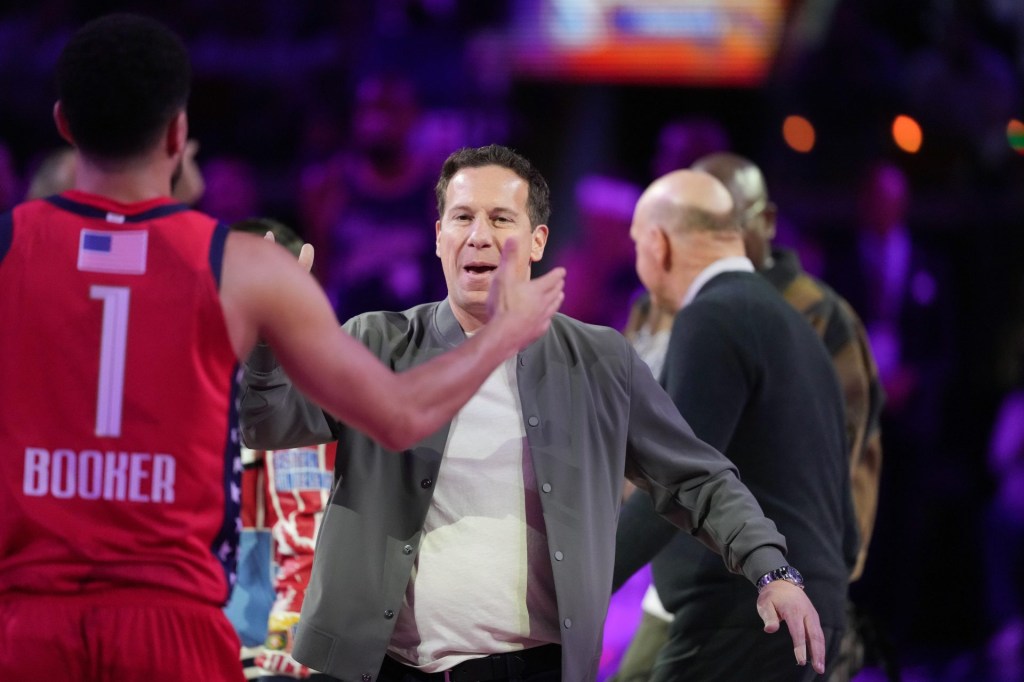
![[Subscription Customers Only] Jun 15, 2025; Seattle, Washington, USA; Botafogo owner John Textor inside the stadium before the match during a group stage match of the 2025 FIFA Club World Cup at Lumen Field.](https://frontofficesports.com/wp-content/uploads/2026/02/USATSI_26465842_168416386_lowres-scaled.jpg?quality=100&w=1024)
![[Subscription Customers Only] Jul 13, 2025; East Rutherford, New Jersey, USA; Chelsea FC midfielder Cole Palmer (10) celebrates winning the final of the 2025 FIFA Club World Cup at MetLife Stadium](https://frontofficesports.com/wp-content/uploads/2026/02/USATSI_26636703-scaled-e1770932227605.jpg?quality=100&w=1024)



